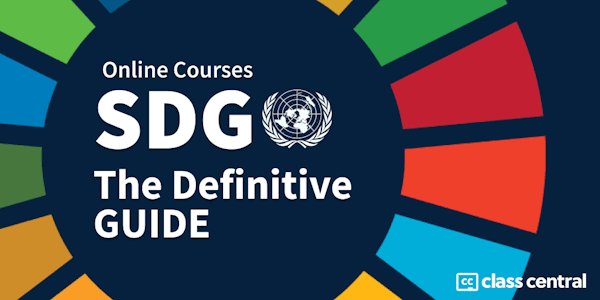The UN General Assembly adopted the 2030 Agenda for Sustainable Development, consisting of 17 goals known as the SDGs in 2015. These goals address five critical areas: people, planet, prosperity, peace, and partnership, aiming to be achieved by 2030. This course centers on the role of urban development in accomplishing the SDGs, with a specific focus on SDG11: Sustainable Cities and Communities.
Understanding the future of cities is essential for comprehending the future of humanity. Scholars predict that the 21st century will witness a monumental shift in human history as a vast majority of the world's population migrates to cities, creating a planetary urbanism. This transformation impacts global living standards, economic organization, and environmental implications in the Anthropocene era. Additionally, this course concentrates on urban growth in the global South, where most of the planet's urbanization will occur. It draws from the insights of the PEAK Urban program, a five-year collaborative effort involving researchers from China, Colombia, India, South Africa, and the United Kingdom. This program seeks to explore and address the challenges and opportunities associated with urban development in the regions experiencing significant growth.
By examining the interplay between urbanization and sustainable development, the course aims to promote effective strategies for achieving SDG11 and advancing sustainable cities and communities. By identifying key factors influencing urban growth and exploring best practices from different regions, participants can contribute to global efforts in building a more sustainable and prosperous future for all. Understanding the complexities of urban development in the context of the SDGs will play a crucial role in shaping the trajectory of human civilization in the years to come.



